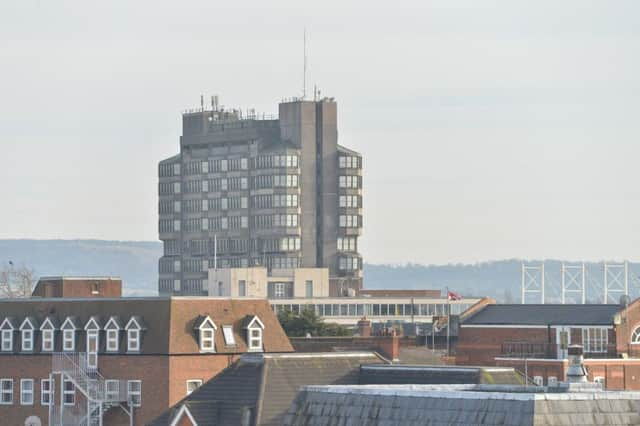Two thirds of councillors snub training in spotting child abuse signs


Seven men from the county, including two from Aylesbury and Wendover were charged with child sexual exploitation offences.
The crimes range from engaging in sex with a teenage child, and inciting a child to engage in pornography.
Advertisement
Hide AdAdvertisement
Hide AdLast year, six men were jailed at the Old Bailey over a string of Aylesbury-based child sex crimes against two young victims.
At the time Bucks County Council’s children’s services overview and scrutiny committee recommended that all councillors receive training on the issue.
The council was also singled out for criticism in the case, over missed opportunities to help the two girls, who were both known to social services. But when the training session was held earlier this month only a third of members attended.
Speaking about the no-show, children’s services portfolio holder Lin Hazell expressed her frustration at a recent meeting that so many had not gone to the training.
Advertisement
Hide AdAdvertisement
Hide Ad“We are going to keep the momentum up, but the big issue is the time element – the time given up by (children’s services boss) Carol Douch and her team.”
And Val Letheren, chairman of the committee, added: “It is a commitment, we are all corporate parents, we can’t say well we went to it last year, or the year before because it is different now.”
***************************************************************
An important training session on child sexual exploitation was attended by just one third of county councillors – despite them all supporting its provision.
Advertisement
Hide AdAdvertisement
Hide AdIn November last year Bucks County Council’s children’s services overview and scrutiny committee produced a series of recommendations on the issue.
This followed the high profile conviction of six men who committed crimes against two Aylesbury schoolgirls.
One of the main recommendations was for all councillors – who when they are elected take on a level of responsibility for all children in care in the county – to attend training in how to spot the signs of child sexual exploitation.
In the aftermath of the case councillors took it in turns to stand up when the recommendations were unveiled, pontificating on how important it was to tackle the issue.
Advertisement
Hide AdAdvertisement
Hide AdThe recommendation was voted in, and earlier this month officers scheduled a time at Green Park in Aston Clinton for the training. A letter was sent to each of them saying that it was ‘strongly recommended’ that they attend.
But on the day, just a third of the council’s 49 members showed up.
Another session will now be scheduled.
Councillor Phil Gomm, who sat on the committee which recommended the training, said: “At the end of the day people do have work and other commitments, but for such a large amount of people not to make the effort is really disappointing. It’s a slap in the face to the committee, and most importantly the children and young people.”
A spokesman for the county council, said: “It’s important to the county council that our councillors are trained to recognise the warning signs of child sexual exploitation. The safeguarding training event held in April was attended by one third of our councillors and with further training events to come to allow all councillors to receive this important training. We’re providing other opportunities for councillors to learn; one example being work shadowing across a range of Children’s Services teams, including fostering and our first response team, who do crucial work first-hand with vulnerable children.”